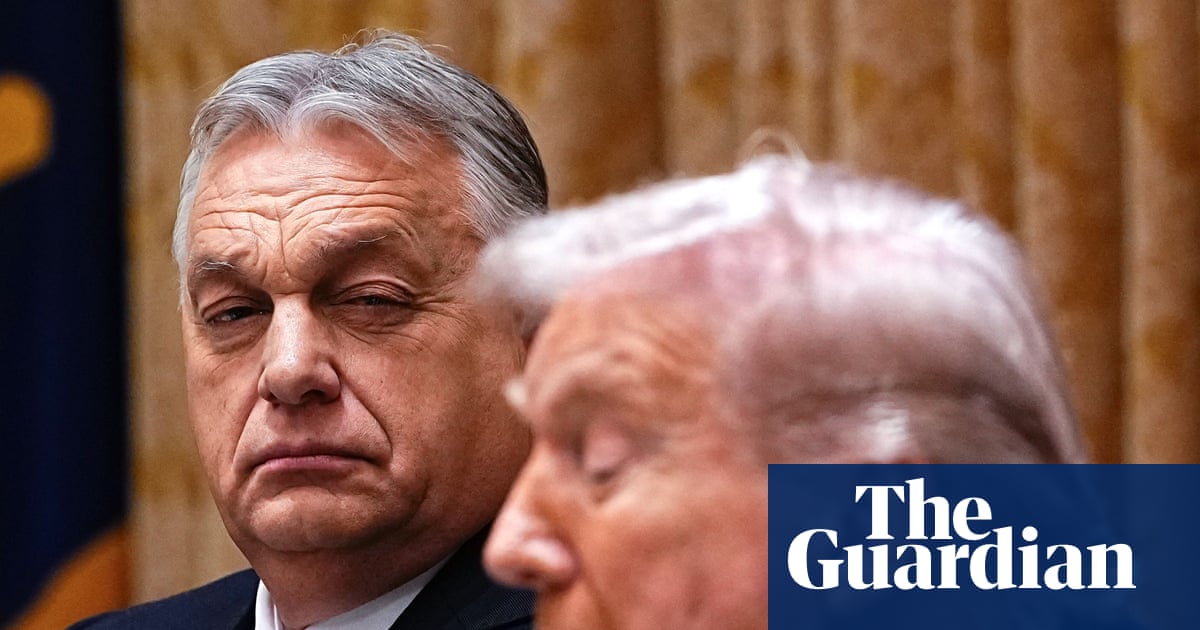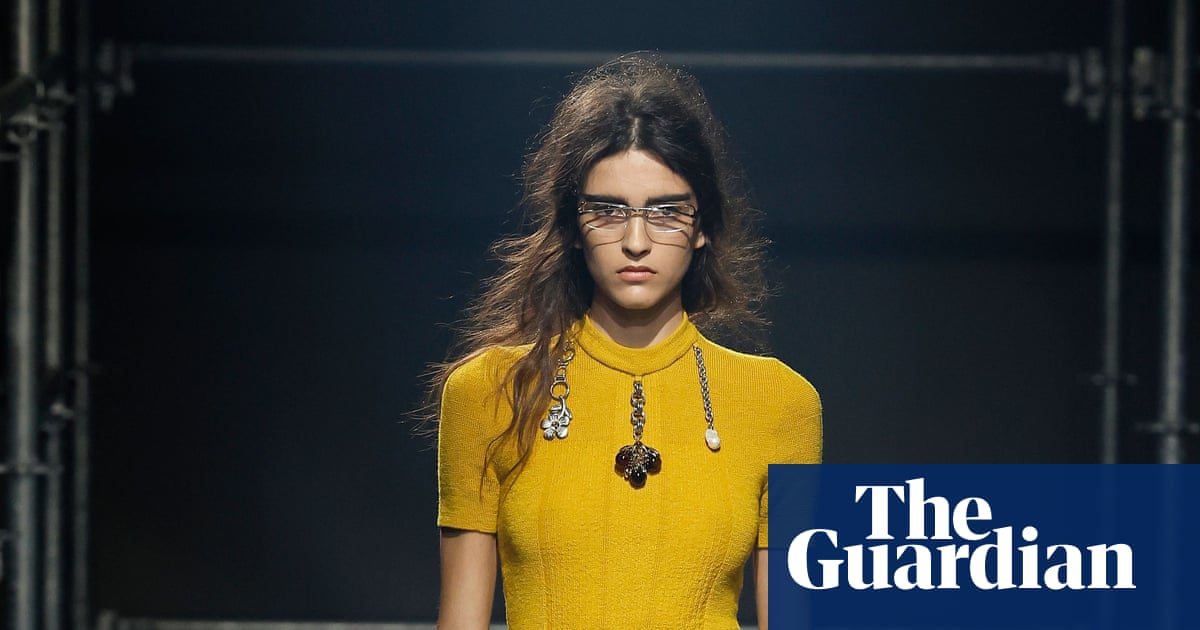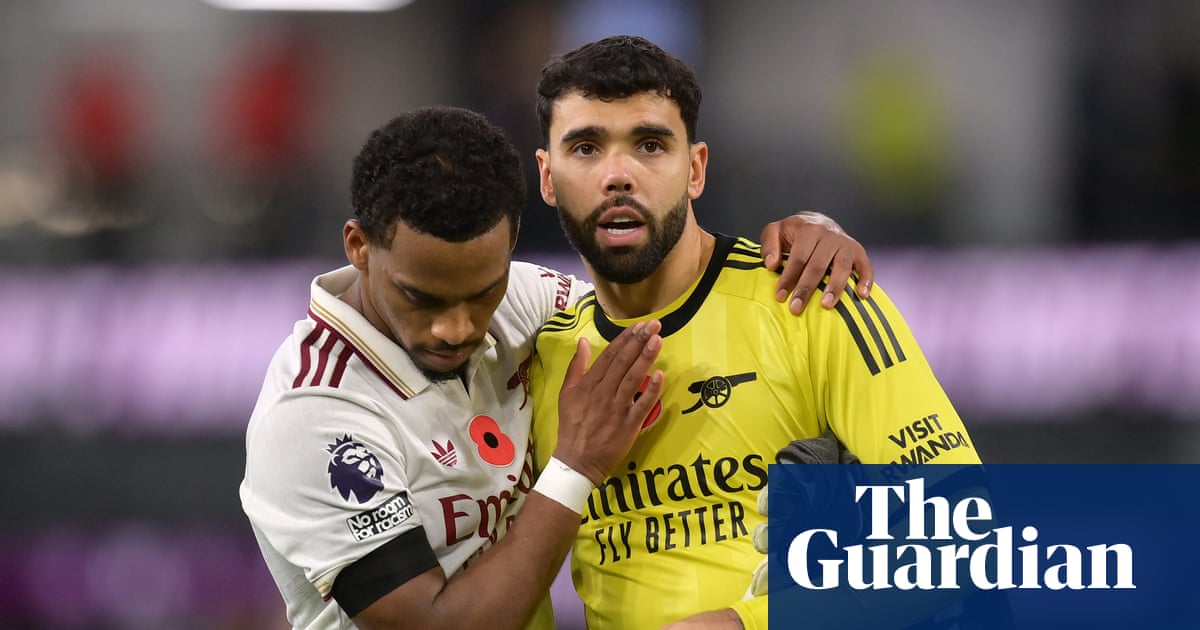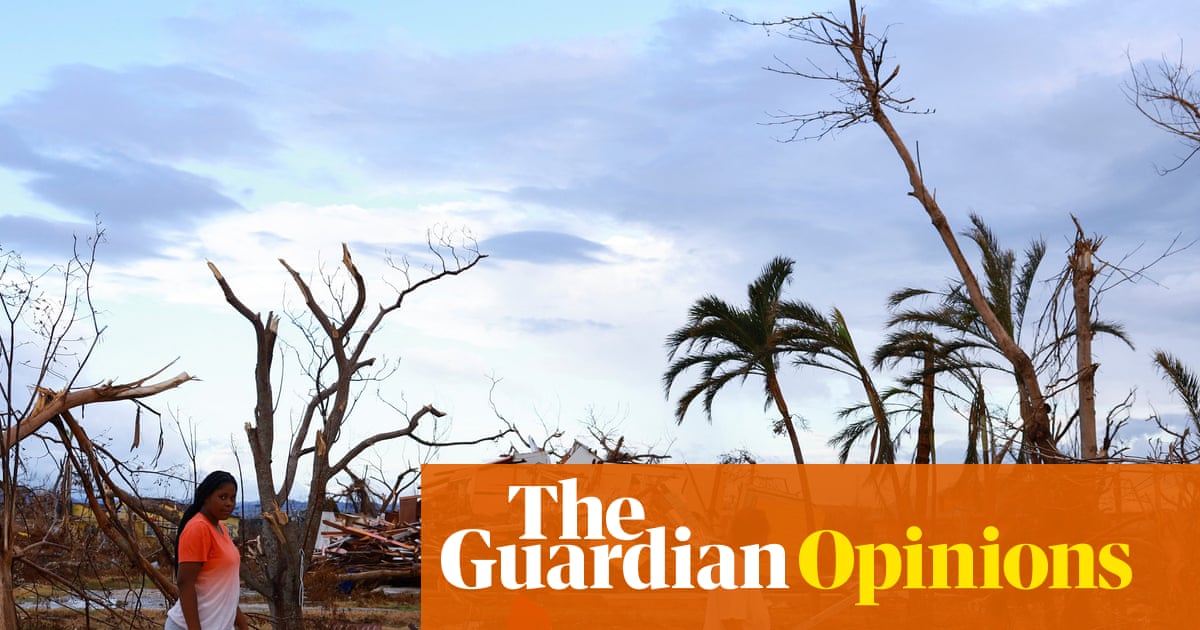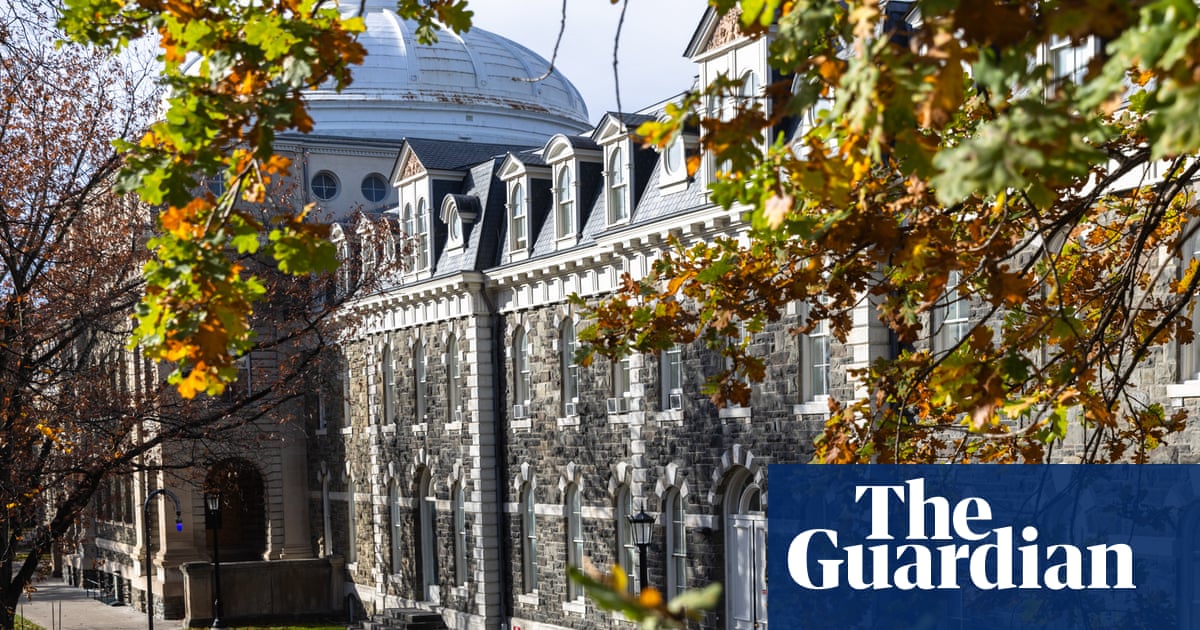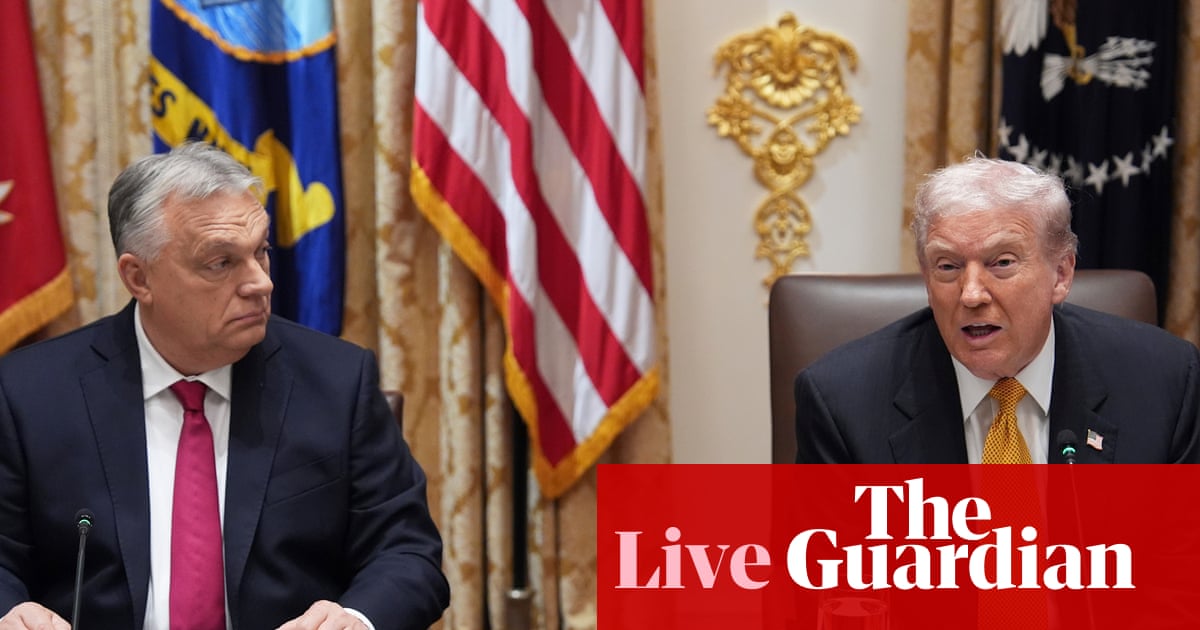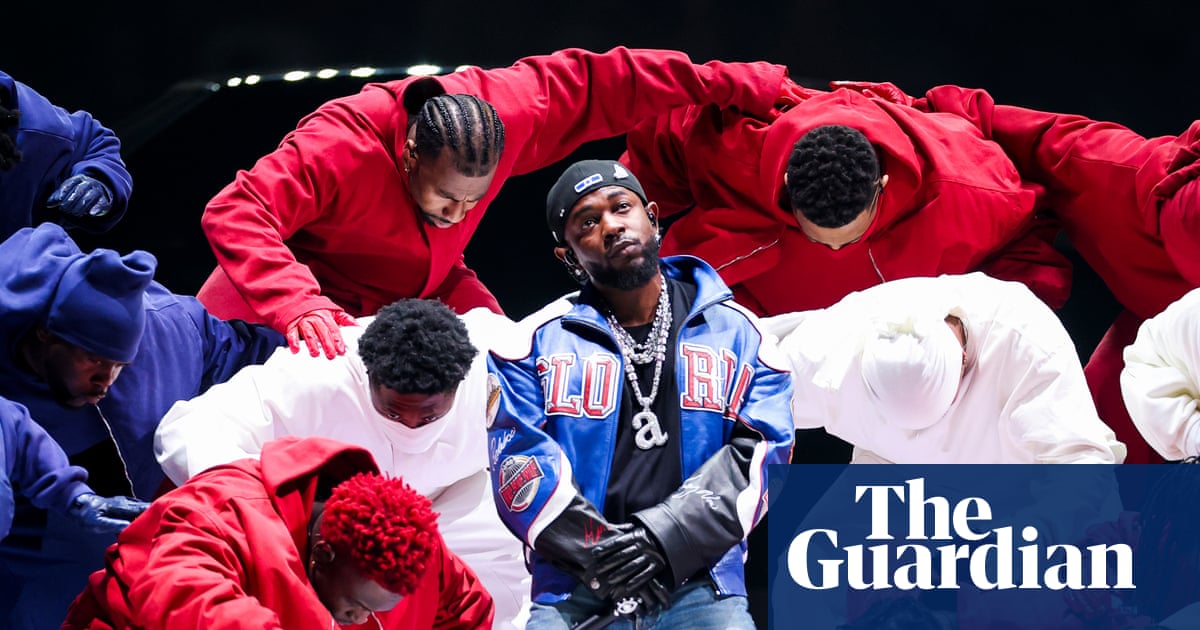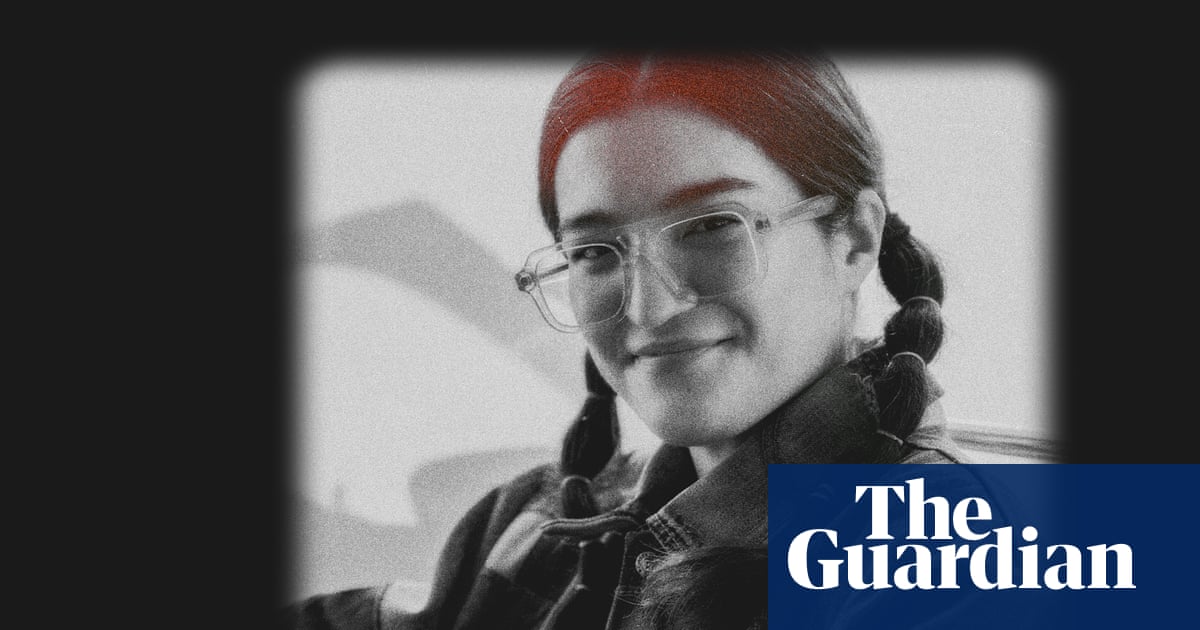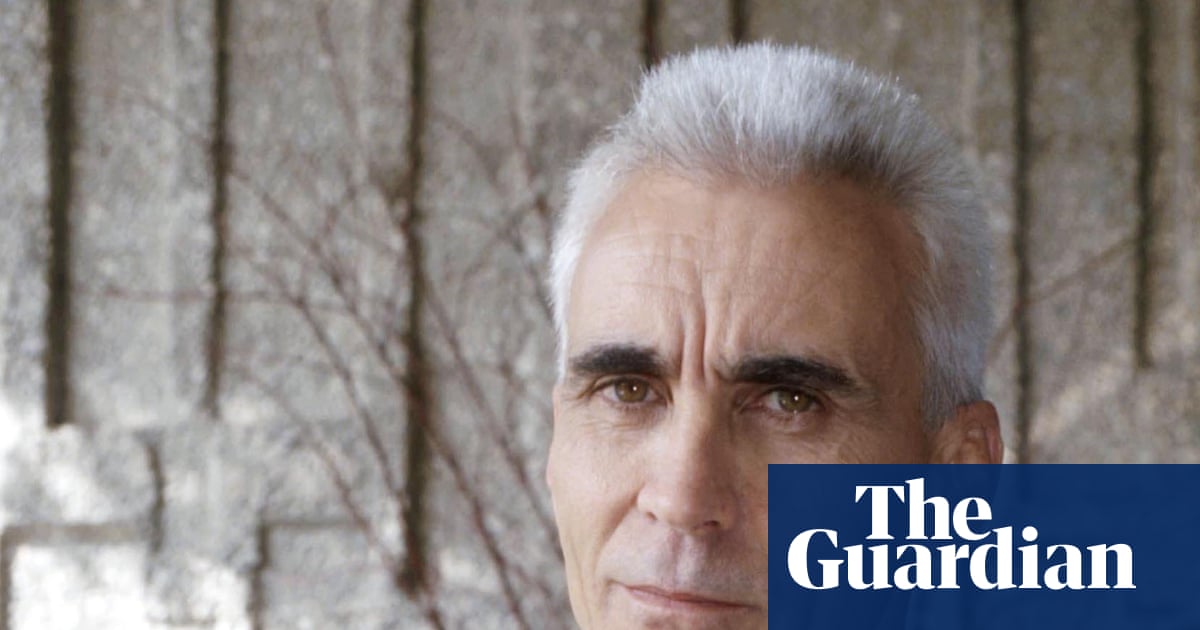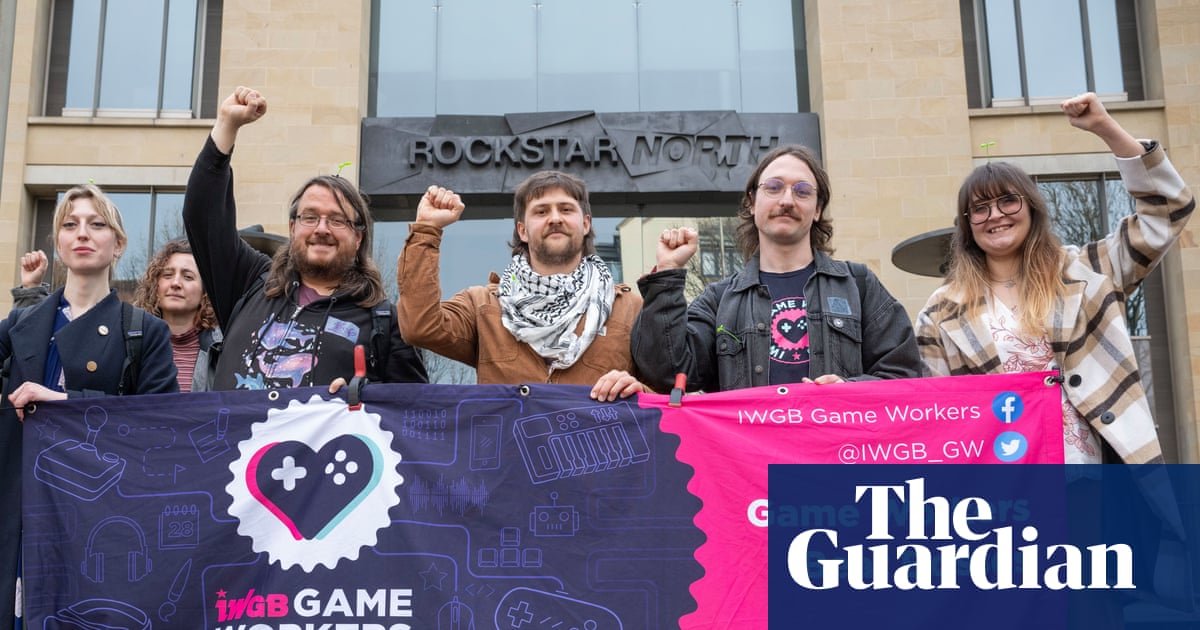When I was little I imagined, as most children probably do, that the grownups had things all worked out and someday I would find myself on the other side of a clear boundary. Adolescence on one side; maturity, responsibility, self-assuredness, composition on the other.
A few weeks ago I turned 35. As the day ticked closer, I found that old childhood suspicion creeping in again; if any birthday should serve as a demarcator of that boundary, it should be this one, shouldn’t it? And now, as the days tick further from that imagined inflection point, it has become a reinforcement of probably the single biggest lesson I have taken away from “adulthood”: that most of us are simply winging it most of the time, through a process of becoming that never quite reaches become.
There is an odd sort of book-end, however, to my adulthood so far: a French comedy show called Bref, its two seasons spaced more than a decade apart. When I was 22 I left my country, the US, and let a new one, France, become a part of me. Bref had come out in 2011, the year before I showed up in Strasbourg.
At the time, the series was notable for the way it was structured: 82 episodes, each between one and two minutes in length, featuring an ultra-fast voiceover (like the part in drug adverts on US television where they zoom through all the possible side effects). I used Bref as a supplement to my French classes – as each short episode could be watched again and again until I had learned to pick out the individual words, until they no longer flowed together in one expressive mass.
Throughout those 82 episodes, the rapid-fire narrator, “Je” (written and played by Kyan Khojandi), was the archetype of a 30-year-old “kind of loser” living in Paris. The show moved so quickly in part because his life did; from party to party, bad joke to bad joke, obsession to obsession, relationship to relationship. Until, of course, it all blows up on him.
Fourteen years later, in 2025, Bref 2 opens with Je now in his early 40s, in the immediate aftermath of the wreckage of yet another short-lived but intense relationship that accelerated too fast and crashed. He has been living the same cycle, over and over, while everyone else has evolved in some way – especially his exes. The narration is slower this time, with six normal-length episodes rather than 82 hyperspeed ones, perhaps because the themes are deeper, life is thicker, and we can’t move through it so fast any more, in a way that my fellow millennials can probably relate to. Bouncing from party to party isn’t as appealing; sometimes, you just want to stare at the tree right there outside the window, wondering to the people there with you what that tree must think about us after everything it has observed in return.
Bref 2 is funny and moving, and a nostalgia trip for the French millennial audience for whom it became a cultural point of reference. Among the deeper themes that have emerged for Je in the past 14 years are the things that hold us back, or ways we hold ourselves back. The ennui that comes with too many first dates and nothing really materialising. The ways we put on masks to please others and how that just fails us in the end. The chances we take – or don’t. The times we go right up to the line, then drop the ball, the failure haunting us.
What Khojandi doesn’t touch on much is regret. I used to fixate on my regrets, constantly second-guessing myself, spinning out alternative universes, wondering if any of them were potentially better. If I might be happier in them.
When you become an immigrant, when you leave the place you are from for good, there is a rending that occurs – within you, and of you and the people who have not departed with you. It is linguistic, it is geographic. It exists in time and in cultural references. In what we laugh at, in what tugs at our emotions. But will I ever feel fully French, I still find myself wondering sometimes, even as I know without question that I no longer feel fully American. When I sing along to France Gall at 1am, is my acquired reference just as legitimate as a memory of being in my parents’ car, listening to it while driving to a summer holiday?
There is loss here, yes, but also more than that: it is a big bang, a birth of a new universe. And along with it, a realisation that some of the things I once regretted were indispensable in putting me exactly where I am right now: with a place that has become a part of me as much as I have become a part of it.
What do I want at 35? To put energy back into relationships with the people I call family – both inherited and chosen. To be more at ease with owning the times and instances when I have been wrong or have failed, rather than lingering in mental loops. To still be open to the universe throwing me into the unexpected, like a surprisingly deep conversation with a stranger on a train. To surround myself with friends who want to ask big, difficult questions and who are OK to sit with the discomfort of there often not being a satisfying answer.
One of those uncomfortable things with no real answer is that I didn’t turn 35 in a vacuum. Years ago, after I stood as a témoin, or witness, at my friend Guillaume’s wedding, he sent me a note written on the back of a print. “I hope that this is just the beginning of a lifelong conversation about all the beautiful and horrible things we learn and witness along the way,” he wrote.
I’m living a life that is far more incredible than I would have imagined when I was 22, while watching a world that is so much worse: where one old man oversees a genocide in Gaza; a second old man launches, day after day, missiles, drones and bombs at civilians in Ukraine; a third old man threatens to do the same to Taiwan; a fourth old man ramps up the logging and the drilling and the pollution, and salivates at the idea of modern-day concentration camps.
Khojandi’s character Je, seems to have been into video games as a kid: at the end of Bref 2, he remarks that he had always thought of life as being like a video game, if he did things right he would level up and get to where he needed to go. As a kid, I was into books and Lego. I think the analogy they provide is a better one. The Lego came with a plan but, once you built what you were supposed to, starting over and letting your imagination run wild was far more fun. As for books, the best stories are often threaded with moments that suddenly make the preceding pages make sense in a different way than the reader first understood.
At 35 I don’t have answers. I’m both a reader and an author when it comes to my life. But I do have bricks and pages. And 35 years from now, I hope the way I’ve stacked the bricks, and what I’ve written on the pages, will make sense in a way I can’t yet see.
-
Alexander Hurst is a Guardian Europe columnist

 3 months ago
125
3 months ago
125

